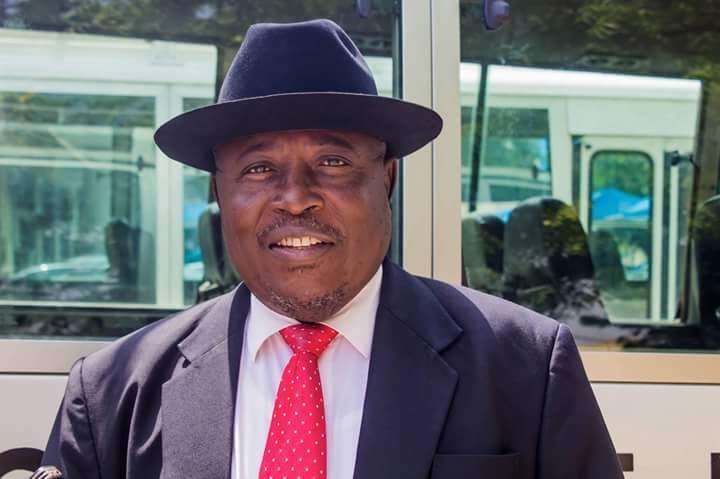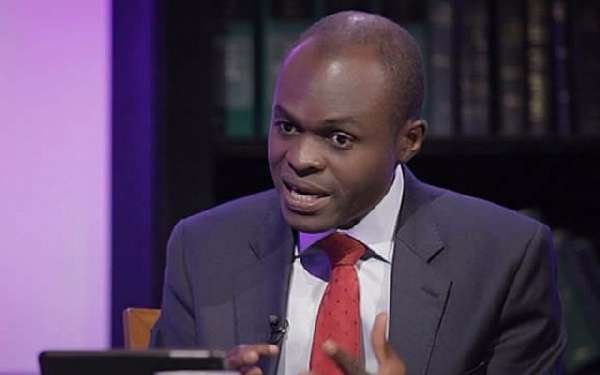Corruption has long been a persistent issue in Ghana, transcending various governments and administrations, and leaving an indelible mark on the nation’s development. Despite numerous initiatives and promises to tackle this deep-rooted problem, the recent developments, particularly in the Office of the Special Prosecutor (OSP), foretell a troubling narrative of a nation combating systemic corruption, almost all its efforts ending up in futility.
Ghana, though hailed as a beacon of democracy in West Africa, has been consistently plagued by corruption scandals as a major setback .
Ghana’s anti-corruption efforts is undergirded by the lack of a sustained, comprehensive strategy that transcends political transitions. The approach to combating corruption often seems reactive, with each new administration launching its initiatives, leaving previous efforts by the wayside. This disjointed approach allows corruption to persist, as it is not rooted out systematically.
The establishment of the Office of the Special Prosecutor (OSP) was a promising development aimed at addressing corruption head-on. However, the recent events surrounding the OSP have only reinforced concerns about the effectiveness of such institutions in the face of political pressures.
The OSP envisioned as an independent body with prosecutorial powers to investigate and prosecute cases of corruption, was expected to be a game-changer in the fight against graft. Unfortunately, the reality has been far from the ideal. The resignation of Martin Amidu, the first Special Prosecutor, cast dark shadows over the OSP’s ability to operate independently and without political interference.

Amidu’s resignation was accompanied by a damning assessment of the government’s commitment to the anti-corruption cause. In his resignation letter, Amidu expressed his frustration with interference from the presidency, detailing instances where his work was impeded by political forces. This revelation raised questions about the extent to which the government is willing to allow truly independent bodies to function in the fight against corruption.
Dr. Enoch Opoku Antwi, the Dean of Business School at the Academic City University expressed his worry for the lost of values in Ghana’s body politics.
“Where are our values? We are talking about a situation where we have statutory institutions like the Office of the Special Prosecutor, look at what happened to Martin Amidu, to the extent that when he resigned, came back to say listen, life is being threatened.”
Enoch Opoku Antwi
More recently, the OSP Kissi Agyeben, Martin Amidu’s successor, has also come to a sudden and earlier crush. The OSP threw gatekeepers of democracy and anticorruption bodies in despair when he expressed his fears in a presser earlier this week.
“I do not want to be a prophet of doom but I see doom ahead… I foresee a day were murderers confidently go to court to seek injunctions and the court’s protection”
Kissi Agyebeng, Special Prosecutor
The overarching issue appears to be a lack of political will to tackle corruption at its roots. Successive administrations have been accused of paying lip service to anti-corruption efforts while failing to implement substantive changes that address the systemic issues enabling corruption to flourish.
Another significant challenge lies in the inadequacies of the legal and judicial systems which is at the center of Mr. Agyebeng’s worries. Corruption cases often linger in the courts for years, allowing individuals implicated in corrupt practices to exploit legal loopholes and escape accountability. The slow pace of justice contributes to a culture of impunity, where the powerful believe they can act with impunity and escape consequences.
While Ghana has made efforts to enact legislation and establish institutions to combat corruption, their impact has been diluted by a lack of coordination and political interference. The lack of a unified strategy, coupled with weak institutions and a faltering legal system, creates an environment where corruption thrives.
The recent revelations from the OSP serve as a harbinger of a potentially bleak future if the systemic issues undermining the fight against corruption are not urgently addressed.

To break the cycle of corruption, Ghana needs a holistic approach that spans multiple facets of governance. Strengthening institutions, ensuring the independence of anti-corruption bodies, expediting judicial processes, and fortifying whistleblower protection mechanisms are critical steps. Additionally, there must be a concerted effort to foster a culture of transparency and accountability, instilling the belief that no one is above the law.
In this particular case, the Establishment Budget of the OSP must as a matter of urgency be released by the President to make the office more capable in its fight.
However, it is important to conclude that Kissi Agyebeng must be interested in winning in the courts as well as he is doing in the public courts. He must appeal to the cases he has lost to the very last level of the court hierarchy, as asserted by legal practitioner Martin Kpebu.
“I cannot come along with him when I don’t have enough facts on the issue and he has not exhausted the established procedures.”
Martin Kpebu
It is the hope of many that Kissi Agyebeng will not follow the steps of Martin Amidu. However, should that happen, the OSP may be becoming nothing but a tamed lion in its fight against corruption.
READ ALSO: Ghana’s Farmers Day Celebration: Honoring Agricultural Contributions And Addressing Challenges






















